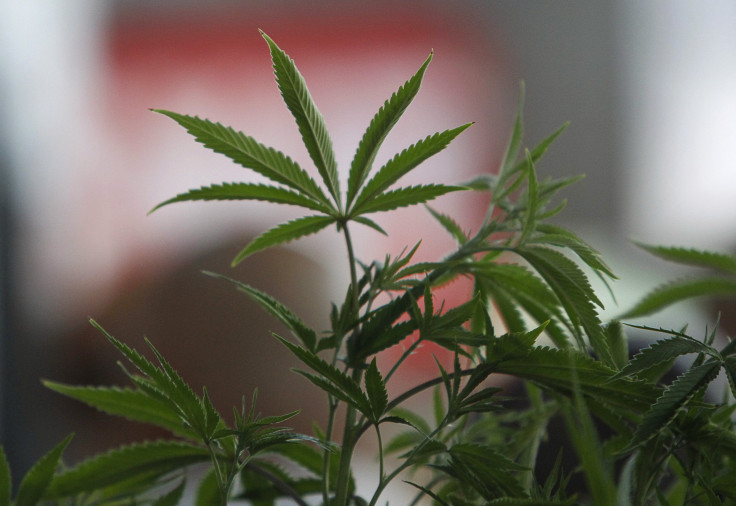Marijuana Legalization In Wisconsin 2015: Native American Menominee Tribe To Vote On Medicinal, Recreational Pot For Reservation's Revenue

Members of a Native American tribe in Wisconsin are deciding whether they will grow and sell marijuana to tap into a new revenue stream. About 9,000 Menominee tribesmen will vote Wednesday and Thursday on a referendum that asks if they support either medicinal or recreational marijuana use, or both, on the reservation, the Milwaukee Journal Sentinel reported. Tribal leaders said additional revenue would be beneficial for the Menominee, which has been searching for ways to boost its sagging economy.
"We're very poor and do not have the luxury of turning our back on any potential revenue sources," Gary Besaw, Menominee tribal chairman, told the Journal Sentinel.
The Menominee tribe has already tried to get permission to open a casino near the reservation, but their bid was struck down in January by Wisconsin Gov. Scott Walker. The neighboring Potawatomi and Ho-Chunk tribes both fought against the building of the Menominees' casino out of a fear of losing revenue to gambling competition, the Journal Sentinel reported.
Historic day for Menominee voter #61, yes to recreational marijuana use and yes to medical marijuana use!!! pic.twitter.com/ndHoS6JN6c
— Craig Corn (@CornCraig) August 19, 2015If the Menominee tribe’s referendum is approved, tribal leaders can start to write ordinances designating the rules of the drug’s growth and sale. Some of the regulations could include prescription requirements and age limits, WUWM, Milwaukee reported.
Other tribes have also explored the possibility of marijuana legalization on their reservations. The Sokaogon, Red Cliff and St. Croix tribes of Wisconsin were all looking at marijuana as a way to generate revenue, with the Sokoagon and Red Cliff tribal members already having approved referendums. In June, the Flandreau Santee Sioux Indian Reservation legalized the use and sale of marijuana on tribal land.
Menominee Nation prepares for referendum on legal marijuana http://t.co/OUYvfvFqaK pic.twitter.com/3sIxRBzcff
— indianz.com (@indianz) August 17, 2015Other tribes have said they would not legalize marijuana on their reservations, arguing that many times tribes battle drug and alcohol abuse. Tribal leaders of the Lac du Flambeau Band of Lake Superior Chippewa, also located in Wisconsin, said they would not allow marijuana use on their reservation, though some tribe members had proposed the idea, WUWM, Milwaukee reported.
© Copyright IBTimes 2024. All rights reserved.





















